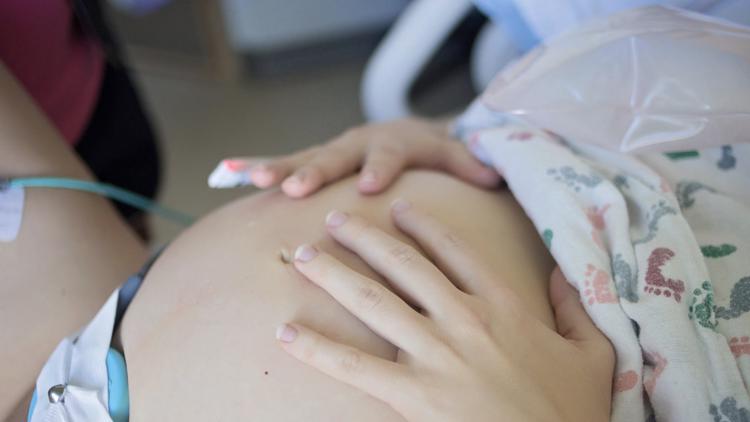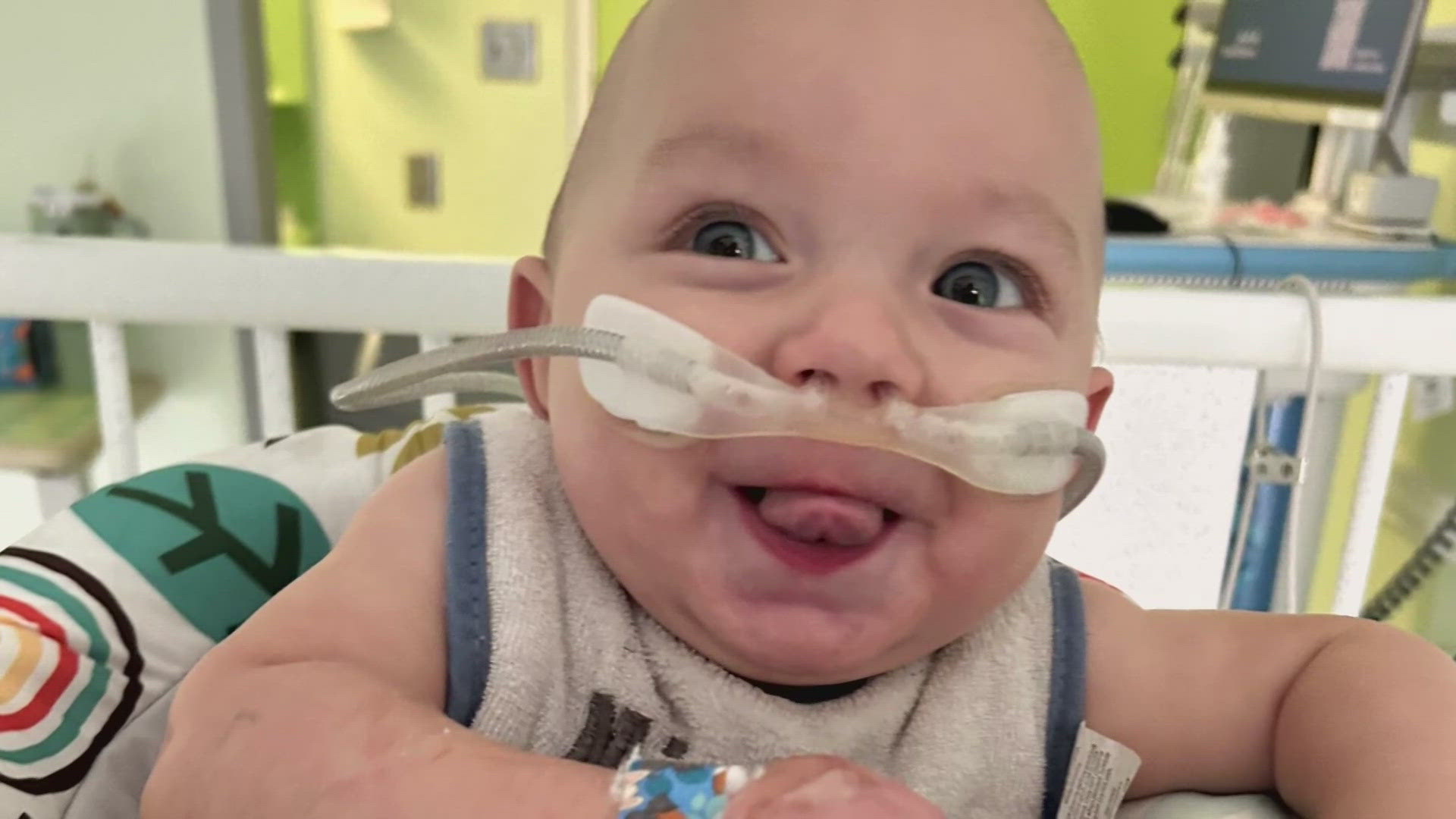A healthy pregnant is at a higher risk for COVID-19 than a similarly health non-pregnant woman, some medical experts say.
But there is little data available about the effects of the novel coronavirus on a pregnant woman and her baby. WFAA asked the opinion of two Dallas-Fort Worth OB-GYNs.
"A pregnant woman's immune system is naturally compromised which increases the woman's susceptibility to infectious diseases," said Dr. Sheila Chhutani, an OB-GYN at Texas Health Dallas.
British Prime Minister Boris Johnson on Monday added pregnant women to the "high risk" group for coronavirus saying the move was "out of an abundance of caution" because little is known about COVID-19 and pregnancy.
While there is no evidence that a mother can pass COVID-19 through the placenta to an unborn baby, there is evidence of transmission immediately after birth.
Earlier this week, a newborn in London tested positive just minutes after being born to a mother who was also infected with the disease, becoming the youngest person in the world to contract COVID-19.
Chhutani said if a woman is infected, she should wear a mask during labor and be separated from her newborn immediately after birth to limit exposure.
There is no evidence to suggest the baby is at risk of contracting the coronavirus while in the womb, said Chhutani and Dr. Emily Adhikari, a Dallas OB-GYN and professor at UT Southwestern's Department of Obstetrics and Gynecology.
"The evidence is changing day by day. But of the limited cases that have been described in the medical literature, there's no evidence to suggest the virus is transferred from the mom through the placenta to the fetus" Adhikari said.
Based on medical information from China, nine women who were in their third trimester and had the novel coronavirus each delivered healthy babies, said Dr. Deborah Birx, the White House coronavirus task force coordinator.
"That is our total sample size," Birx said of the nine women.
Pregnant women have "lower respiratory reserve to fight back against significant respiratory illness like the flu and coronavirus" in their third trimester, said Adhikari.
If a woman who is late in her pregnancy were to become ill with, for example, viral pneumonia, that mother may be at higher risk for pre-term labor or other pregnancy complications.
But the danger to the fetus is low, Adhikari said.
Chhutani cautioned women to be cautious because even contracting the flu can cause doctors' concern.
The doctors say the best thing for a pregnant woman is to follow the precautions recommended by local health departments and the Centers for Disease Control and Prevention, including regular hand washing and social distancing.
"We are seeing a lot of anxiety in our patients right now. We are trying to be safe and reasonable without being paranoid," Adhikari said.



